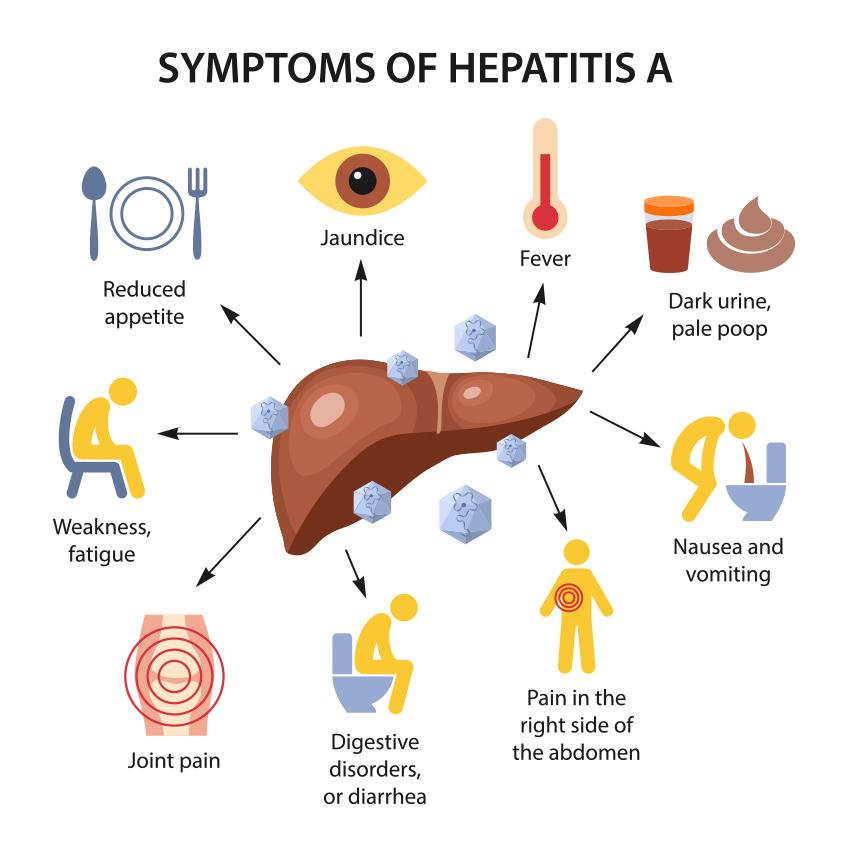What are the different types of anxiety disorders?
Understanding Anxiety: Causes, Symptoms, and Coping Strategies
Anxiety is a common mental health condition that affects millions of people worldwide. Whether it’s occasional nervousness before a big event or chronic anxiety that interferes with daily life, understanding anxiety is crucial for managing it effectively. In this comprehensive guide, we will explore the causes, symptoms, and practical coping strategies for anxiety, along with real-life case studies and tips to help you or someone you care about.
What is Anxiety?
Anxiety is a natural response to stress, characterized by feelings of tension, worried thoughts, and physical changes like increased blood pressure. While occasional anxiety is a normal part of life, chronic anxiety can lead to debilitating conditions such as generalized anxiety disorder (GAD), panic disorder, and social anxiety disorder.
Causes of Anxiety
Understanding the underlying causes of anxiety can help in managing and reducing its impact. Here are some common factors:
- Genetics: A family history of anxiety disorders can increase your risk.
- Brain Chemistry: Neurotransmitters like serotonin and dopamine play a role in regulating mood and anxiety.
- Environmental Stressors: Events such as trauma, loss of a loved one, or significant life changes can trigger anxiety.
- Medical Conditions: Certain health issues like heart disease or respiratory problems can contribute to anxiety.
Symptoms of Anxiety
Anxiety manifests in various ways, and recognizing its symptoms is vital for seeking help. Common symptoms include:
- Persistent worry or fear
- Restlessness or feeling on edge
- Difficulty concentrating
- Physical symptoms like rapid heartbeat, sweating, or trembling
- Avoidance of situations that cause anxiety
Types of Anxiety Disorders
There are several types of anxiety disorders, each with its unique characteristics:
| Type | Description |
|---|---|
| Generalized Anxiety Disorder (GAD) | Chronic excessive worry about various aspects of life. |
| Panic Disorder | Recurring panic attacks and fear of future attacks. |
| Social Anxiety Disorder | Intense fear of social situations and judgment. |
| Specific Phobias | Excessive fear of a specific object or situation. |
Benefits of Understanding and Managing Anxiety
By understanding anxiety, individuals can experience several benefits:
- Improved Quality of Life: Better management can lead to reduced anxiety symptoms.
- Enhanced Relationships: Understanding anxiety can foster more supportive interactions with loved ones.
- Greater Productivity: Managing anxiety effectively enables individuals to focus and perform better in daily tasks.
Coping Strategies for Anxiety
Here are some practical tips to help manage anxiety effectively:
1. Mindfulness and Meditation
Practicing mindfulness and meditation can help you stay grounded and reduce anxious thoughts. Apps like Headspace or Calm can guide you through the process.
2. Regular Exercise
Physical activity promotes the release of endorphins, which can help alleviate anxiety. Aim for at least 30 minutes of moderate exercise most days of the week.
3. Healthy Lifestyle Choices
A balanced diet, proper hydration, and adequate sleep can significantly impact your anxiety levels. Avoid excessive caffeine and alcohol, which can exacerbate symptoms.
4. Professional Help
If anxiety becomes overwhelming, seek professional help. Therapies like cognitive-behavioral therapy (CBT) and medications can be effective.
Case Studies: Real-Life Experiences with Anxiety
Here are two brief case studies that illustrate different experiences with anxiety:
Case Study 1: Sarah’s Journey through GAD
Sarah, a 28-year-old teacher, experienced persistent worry about her job performance. After seeking therapy, she learned coping strategies like mindfulness and reframing negative thoughts, resulting in a significant reduction in her anxiety levels.
Case Study 2: John and his Panic Attacks
John, a 35-year-old firefighter, faced unexpected panic attacks during work. He began attending support groups and practicing breathing techniques, which helped him regain control and reduce the frequency of his attacks.
First-Hand Experience: Overcoming Anxiety
Many individuals have shared their experiences overcoming anxiety. Here’s a brief overview of one such story:
Emily, a college student, struggled with social anxiety for years. She felt paralyzed during group discussions and avoided social events. After joining a campus support group and practicing exposure therapy, Emily gradually faced her fears. Today, she confidently participates in class discussions and enjoys social gatherings.
Conclusion
Anxiety, while common, can significantly affect one’s quality of life. Understanding its causes and symptoms is the first step toward effective management. By implementing coping strategies, seeking professional help when necessary, and sharing experiences, individuals can overcome anxiety and lead fulfilling lives. Remember, you are not alone in this journey—many resources and communities are available to support you.
